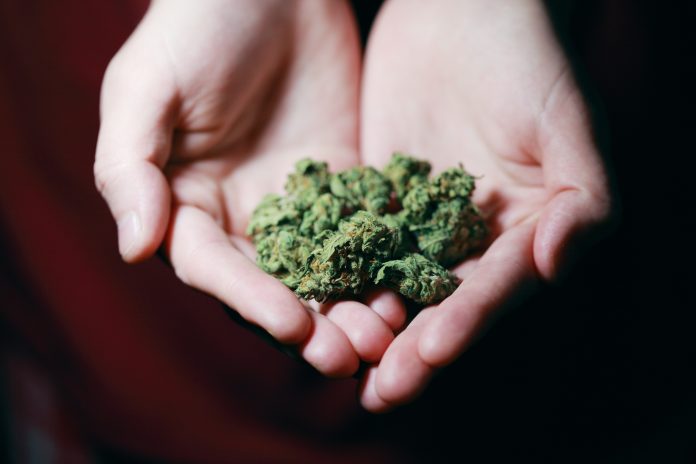Cannabis use has been intertwined with religious ceremonies and rituals for centuries. In particular, Rastafarians have long used cannabis to deepen their religious experience. Often referred to as “wisdom weed” by members of the faith, cannabis is said to bring one closer to Jah (God). Similarly, it is used in Hindu traditions to offer reverence to Shiva and other deities. In some Buddhist cultures, cannabis is used as part of meditation rituals to help practitioners reach higher levels of spiritual awareness.
Many ancient cultures believed the plant had divine or healing properties. It has even been suggested that Jesus may have used cannabis in his ministry, though there is no definitive proof. Whether or not cannabis was used in certain religious practices, there is no doubt that many people view it as a sacrament to be respected and enjoyed.
Regardless of one’s views on cannabis use, it is clear that for thousands of years, the plant has been viewed as a powerful tool for spiritual exploration by various cultures and religions. Whether it is being used to deepen a religious experience or offer reverence, cannabis has been an essential part of many spiritual practices for centuries. As more countries worldwide begin to legalize the plant, its role in contemporary spiritual practices will undoubtedly continue to evolve.
Evolution of Cannabis Use in Religion
In recent years, cannabis has become increasingly accepted in mainstream religious practices. Many Christian denominations have begun to offer cannabis-infused services, with some churches even offering “blessings” of the herb. As legalization spreads across the United States, more and more churches are beginning to incorporate cannabis into their rituals or accept its use among their congregants.
In other regions, cannabis continues to be far more entrenched in spiritual ceremonies and practices. In India, for example, the use of cannabis is deeply rooted in Hinduism. Cannabis-infused teas often bring practitioners into deeper states of meditation or religious contemplation. Similarly, Rastafarians continue to consider cannabis to be a holy sacrament and an integral part of their faith.
Throughout the centuries, the role of cannabis in religious practice has evolved significantly. As more countries legalize the plant and its use becomes increasingly accepted, its role in spiritual practices will likely become more refined and widespread. No matter one’s views on the plant, it is clear that cannabis has played an important part in religious practices and traditions for centuries. Integrating spiritual ceremonies and rituals with cannabis use likely reflects a deep human need to connect with something larger than oneself. To many, cannabis provides a tool to achieve this connection. As more countries legalize the plant, its role in religious practice will expand.
Examples of Cannabis Use in Religious Practice
The use of cannabis in religious practice has taken many forms over the years. In some regions, it is used as an offering or blessing to deities or spiritual entities. In other areas, practitioners may use cannabis-infused teas or drinks as part of their meditation rituals. For Rastafarians, smoking cannabis is an integral part of their spiritual ceremonies and a way to commune with Jah. In Hinduism, cannabis is believed to bring clarity and insight into one’s meditative practice.
Regardless of its form, cannabis in religious practice has long been a powerful tool for achieving spiritual growth or enlightenment. As more countries embrace the plant and its role in modern spiritual practices evolves, it is likely that cannabis use will continue to be a crucial part of many religious traditions for years to come.
Conclusion
In conclusion, the use of cannabis for religious practice has been around for thousands of years and has evolved significantly over time. As more countries legalize the plant, its role in spiritual practices is likely to become even more commonplace. Cannabis can be used in various ways, from offering blessings to deities to helping practitioners reach more profound levels of meditation and contemplation. Whether viewed as a sacrament or simply as another tool for achieving spiritual growth, cannabis use has had an essential role in religious practice for centuries. It will continue to do so for many years to come.


